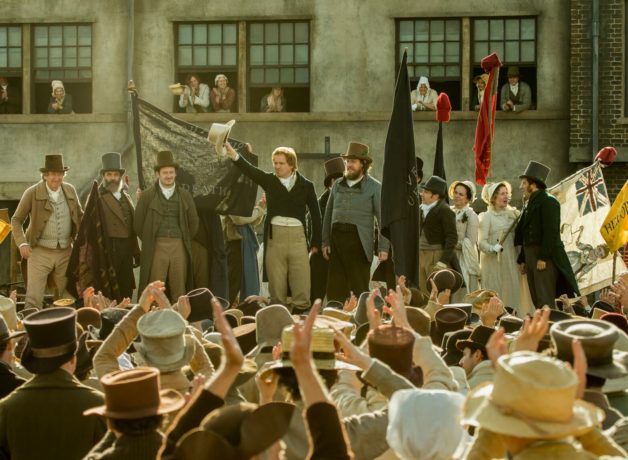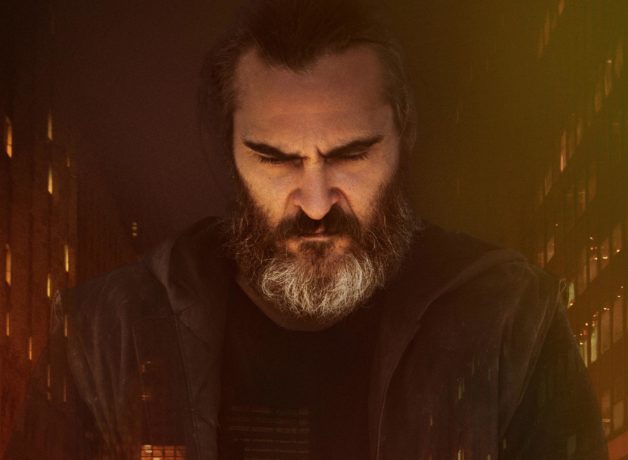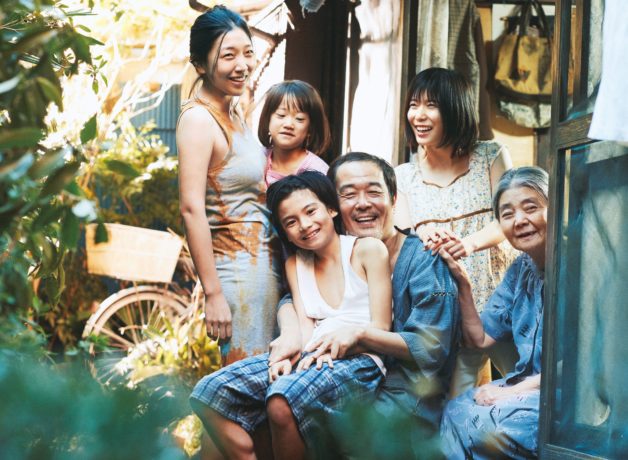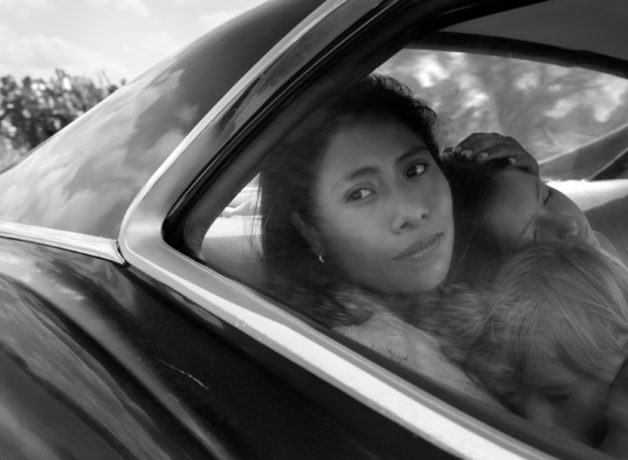In the five years that HOME has been opened it has genuinely achieved so much, and I say that totally without prejudice. It is a source of great pride that we have built and maintained a film program that rarely compromises and which is lead by culture and not commerce. It’s also a program that seeks to be genuinely diverse, giving precedent to films and filmmakers – both historical and contemporary – that it would be all too easy to ignore. For that reason picking just five moments from five years is a tall order. But here goes:
The UK premiere of Mike Leigh’s Peterloo
Hosted in collaboration with the London Film Festival and Entertainment One, this was the first time that a premiere of a major new film had happened outside of the capital. Given the subject it made sense to do it at HOME – and then broadcast it live via satellite to over 170 cinemas across the country – but the venue really did shine. What’s more, when the film went on general release HOME was by some considerable margin the best performing cinema. Proof that politics and issues relating to class and power are paramount to our audiences and that London isn’t the epicentre of culture.
Lynne Ramsay + Barry Jenkins
We have had so many emerging and established directors visit HOME that it makes my head spin. It’s impossible to pick just one, so I have cheated and picked two. Lynne Ramsay’s You Were Never Really Here was one of the most remarkable films to screen in Cannes. A taut study of violence with an incredible performance from Joaquin Phoenix, Ramsay really was at the top of her game when she made it. There had been a gap between films and getting her to HOME was a priority for me. Luckily she said ‘Yes’ straight away.
Just starting out on his career was Barry Jenkins. Moonlight had left me breathless when I saw it at Toronto. I could think of few contemporary films that addressed so many key issues with such eloquence and lightness of touch. HOME has a very good relationship with UK distributors and Altitude were happy to bring Barry to HOME on one of his earliest promotional visits to England. He was a charming and engaging guest; audiences adored him.
Sound and Vision: Pop Stars on Film
From the relatively early days of cinema, figures from the world of popular music have been cast in acting roles. The reasons are legion and run from a desire to maximise brand, a drive to capitalise on a specific audience – most predominantly teenagers – and, an actual ability to act.
Co-curated by Dr. Kirsty Fairclough of the University of Salford and myself, Sound and Vision: Pop Stars On Film offered an analysis of this phenomenon of casting in a global sense, looking at some of the key figures and at some of the cultural and commercial factors that make this such an area of interest. A visual jukebox, this was a season that I had spent my entire career as a curator wanting to put on. It was everything I hoped it would be, from the way it was embraced by audiences to having actual pop stars – Bob Stanley of Saint Etienne – introduce screenings. Discussions are taking place with Bloomsbury to turn the season into a book.
Success of Shoplifters
The films I personally love the most are not always the ones that chime with audiences and it can be heartbreaking when a film of integrity, insight and import fails to attract the attention and audience numbers it deserves. In these moments one can survey the cultural landscape and want to emit a howl of frustration. Every now and then however there is that kismet moment where everything connects and a critically acclaimed work is embraced by programmers, critics AND cinema goers. It happened recently with Parasite (now the highest grossing foreign language film in the U.K in history) but I was perhaps more delighted by the extent to which Shoplifters played to sold out screens. The winner of the Palme d’Or, the film marked a move away from the crime genre explored in The Third Murder and a return to family and the world of childhood from acclaimed Japanese director Kore-Eda. A look at an unconventional extended family with skeletons in their closet, the film recalls the director’s trademarks, namely a sensitivity to the rigours of the modern world, beautiful framing, phenomenal performances and an ability to depict without sentiment the world of childhood. It played for weeks and weeks and weeks and re-affirmed my faith in the transformative power of the moving image.
Securing ROMA
I’ll keep this brief as to casual readers it won’t mean much. The most personal project to date from Academy Award-winning director and writer Alfonso Cuarón, ROMA followed Cleo (Yalitza Aparicio), a young domestic worker for a family in the middle-class neighbourhood of Roma in Mexico City. Delivering an artful love letter to the women who raised him, Cuarón draws on his own childhood to create a vivid and emotional portrait of domestic strife and social hierarchy amidst political turmoil of the 1970s. A multi-award winner, the problem was that the film was being distributed by Netflix who up until that point had either denied their films a theatrical release or had allowed them to play only at Curzon cinemas. It was unthinkable that a film of this magnitude not be seen on the big screen and a long and arduous campaign to get it was undertaken. The result? Successive screenings to sold out cinema one audiences and the paving of the way for a new landscape where Netflix titles such as Marriage Story, The Irishman and Uncut Gems happily co-exist in both the physical and online domain.




